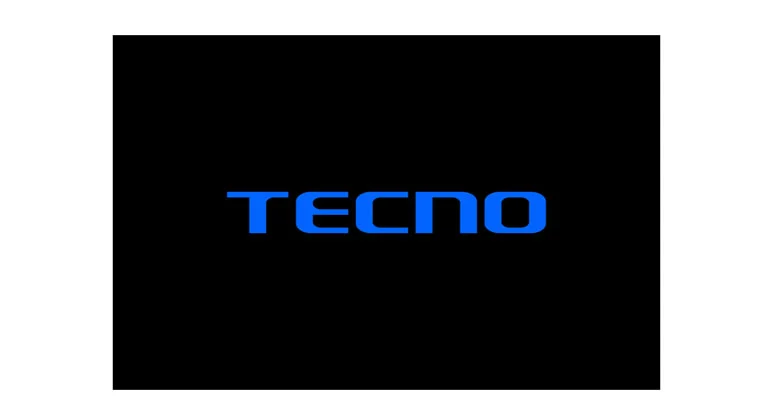Moltiply Group, a leading Italian player in the digital commerce industry, has filed a multibillion-euro lawsuit against tech powerhouse Google, accusing the company of abusing its market control to edge out competition in the price comparison sector. The suit, filed in a Milan court, seeks €2.97 billion (approximately $3.34 billion) in damages and centers on claims that Google’s practices hindered the development and success of Moltiply’s subsidiary, 7Pixel, which owns the price-checking platform Trovaprezzi.it.
Accusations of Anti-Competitive Conduct
Moltiply’s legal team contends that between 2010 and 2017, Google manipulated its search engine algorithms and advertising structures to give preferential treatment to its own shopping service, Google Shopping. As a result, independent comparison platforms like Trovaprezzi.it allegedly saw diminished visibility, reduced web traffic, and fewer consumer interactions—damaging their competitiveness in the digital marketplace.
The case relies heavily on a prior ruling from the European Commission in 2017, which found Google guilty of promoting its own shopping comparison service in search rankings over those of rivals. That investigation led to a historic €2.42 billion fine—then the highest ever levied by the EU for a competition breach.
Moltiply argues that even though Google implemented reforms in response to the EU’s ruling, its previous actions caused irreversible damage to 7Pixel’s growth trajectory and market share during the seven-year span in question.
Google Rejects the Allegations
Google has publicly denied the accusations, pushing back against Moltiply’s financial claims and rejecting any notion of wrongdoing. In a statement provided to Reuters, the tech company labeled the damages figure as “exorbitant” and dismissed the basis of the complaint.
A spokesperson emphasized that Google had restructured its shopping service model following the EU’s decision. “We disagree strongly with these excessive claims for private damages, which overlook the growth and vitality of the price comparison industry,” the statement read.
Google also cited statistics indicating that since its compliance changes in 2017, the number of price comparison services using its shopping platform in Europe has grown significantly—from a mere seven to over 1,550.
Legal Precedent Strengthens Case
Moltiply’s lawsuit finds support in a firm legal precedent established by the European Union Court of Justice. In September 2023, the court rejected Google’s final appeal, solidifying the European Commission’s original ruling and confirming that the company had indeed violated antitrust regulations by giving undue preference to its own comparison service.
This verdict cleared the path for businesses adversely impacted by Google’s practices to seek private compensation under EU competition law. Moltiply is among the first companies to file such a large-scale claim based on the ruling, potentially paving the way for more legal actions by similar firms across the continent.
Legal analysts believe this case could set a benchmark for future damages litigation tied to tech market dominance, especially in sectors reliant on fair access to search engine exposure.
Possible Ripple Effects Across the Industry
Should the court side with Moltiply, the decision could reshape the competitive dynamics of Europe’s digital retail space. A favorable judgment might not only compel Google to pay billions in additional damages but also encourage a new wave of lawsuits from other impacted platforms.
Trovaprezzi.it and similar services heavily depend on search engine algorithms for visibility and customer acquisition. By allegedly promoting its own products in search results while demoting competitors, Google may have skewed the online marketplace in its favor, critics argue.
Though Google insists that its revised systems now foster fairer competition, Moltiply contends that years of discriminatory practices have already inflicted deep-rooted harm, weakening the ability of competitors to regain lost ground.
Growing Pressure on Big Tech in Europe
The case emerges amid a broader European crackdown on the power wielded by Big Tech companies. In recent years, EU regulators have intensified enforcement of digital policy frameworks such as the Digital Markets Act (DMA) and the Digital Services Act (DSA), aimed at fostering transparency and accountability in online ecosystems.
These legislative efforts seek to rebalance digital markets by curbing the ability of dominant platforms to impose unfair conditions on users and third-party businesses. Moltiply’s lawsuit may thus be seen as a reflection of the growing resolve among European entities to challenge Silicon Valley heavyweights and reclaim digital market equity.
If the court in Milan affirms Moltiply’s argument, the outcome could place additional scrutiny on Google’s business practices, potentially forcing further changes to how it ranks third-party content across its platforms.
Awaiting the Next Phase
The case is now awaiting scheduling in the Italian judicial system. Although an exact trial date has not yet been set, legal proceedings are expected to begin in the coming months. Due to the complexity of the claims and the amount of compensation being sought, the case may take several years to reach a resolution.
In the meantime, other companies in the price comparison or digital services space may evaluate their own experiences during the 2010–2017 period to assess potential claims. If Moltiply secures a win, it could open the floodgates for numerous additional lawsuits against Google across multiple EU member states.
Ultimately, the result of this legal battle could play a significant role in redefining the rules for digital competition in Europe—determining whether powerful platforms will be held accountable for historical practices that may have disadvantaged smaller market players.












